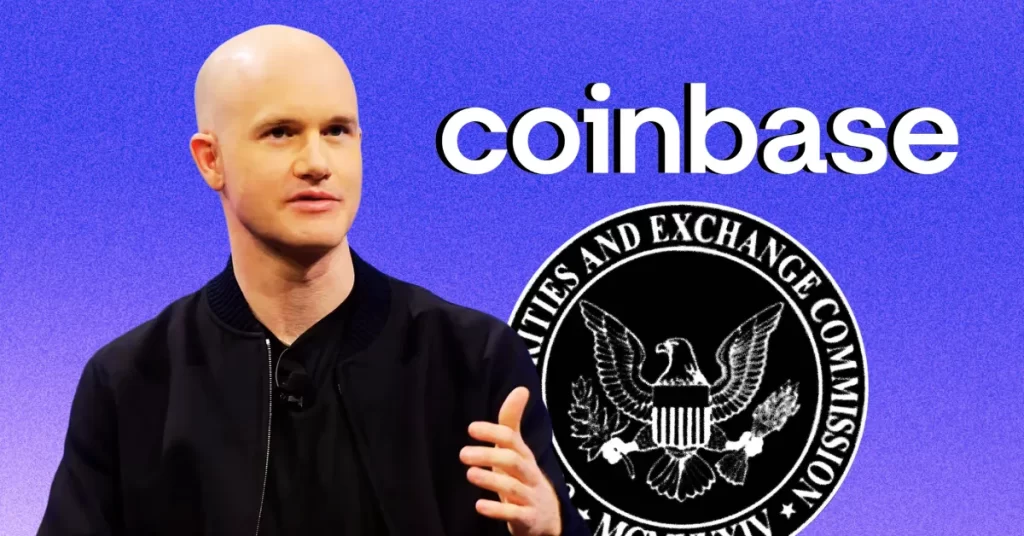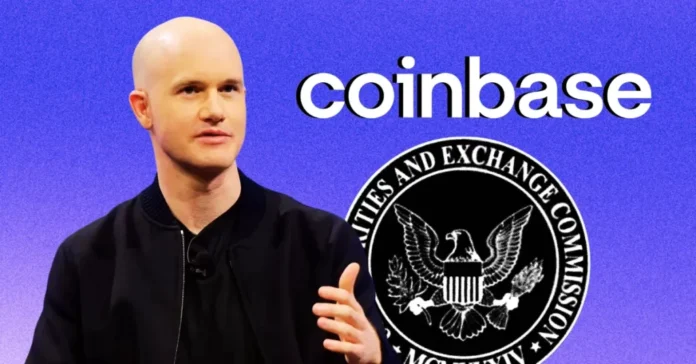
The post What Is the FDIC Hiding? Coinbase’s Legal Fight Uncovers Red Flags appeared first on Coinpedia Fintech News
The Federal Deposit Insurance Corporation (FDIC) is facing criticism after it heavily redacted documents requested by Coinbase, the popular cryptocurrency exchange. Coinbase had asked for information about the government’s actions against the crypto industry, but the FDIC’s excessive blackouts raised suspicions that they might be hiding important details.
Judge Criticizes FDIC’s Actions
On December 12, 2023, Judge Ana C. Reyes criticized the FDIC for not following a court order and accused the agency of not being transparent. Coinbase had complained that the redactions were so extensive that it was hard to understand what the FDIC was saying about the government’s actions against crypto. This led the judge to rule against the FDIC, suggesting they were not being open with the court.
Coinbase Questions What’s Being Hidden
Paul Grewal, Coinbase’s Chief Legal Officer, shared his frustration on social media, asking, “What is the FDIC working so hard to hide?” He pointed out that the redactions made it seem like the agency was trying to cover something up. This legal fight is part of a bigger concern in the crypto community about government actions against the industry, with some seeing this as part of a broader effort to stifle crypto innovation.
Crypto Regulations on Check
This case has bigger implications for the future of crypto regulation in the U.S. Many believe it’s connected to a government initiative called “Operation Choke Point 2.0,” which critics argue is aimed at limiting crypto businesses. With the upcoming leadership changes in the U.S. government, things might settle soon. Donald Trump’s win is a sign of a new beginning for crypto. Moreover, SEC Chair Gary Gensler and FDIC Chair Martin Gruenberg have already stepped down, and Paul Atkin, a pro-crypto figure, is set to replace Gruenberg. Brian Quintenz, who has a crypto-friendly background, may head the Commodity Futures Trading Commission (CFTC).
In this regard, the Coinbase and Ripple vs SEC case will be the best example of fair and transparent judgment. This could lead to less government interference and more concrete regulations for the crypto space.



